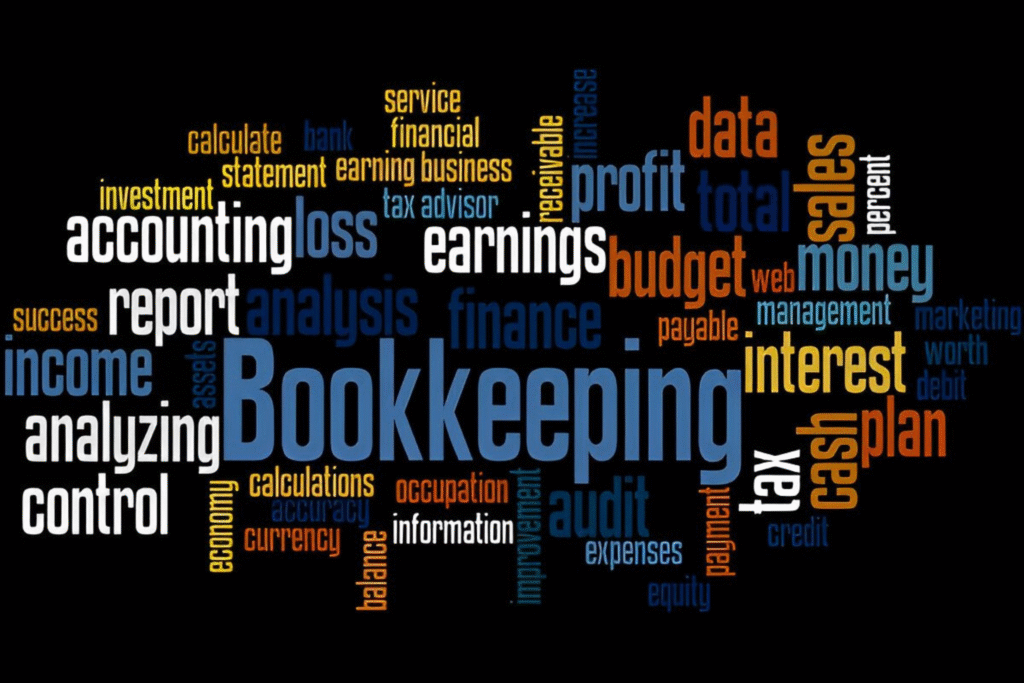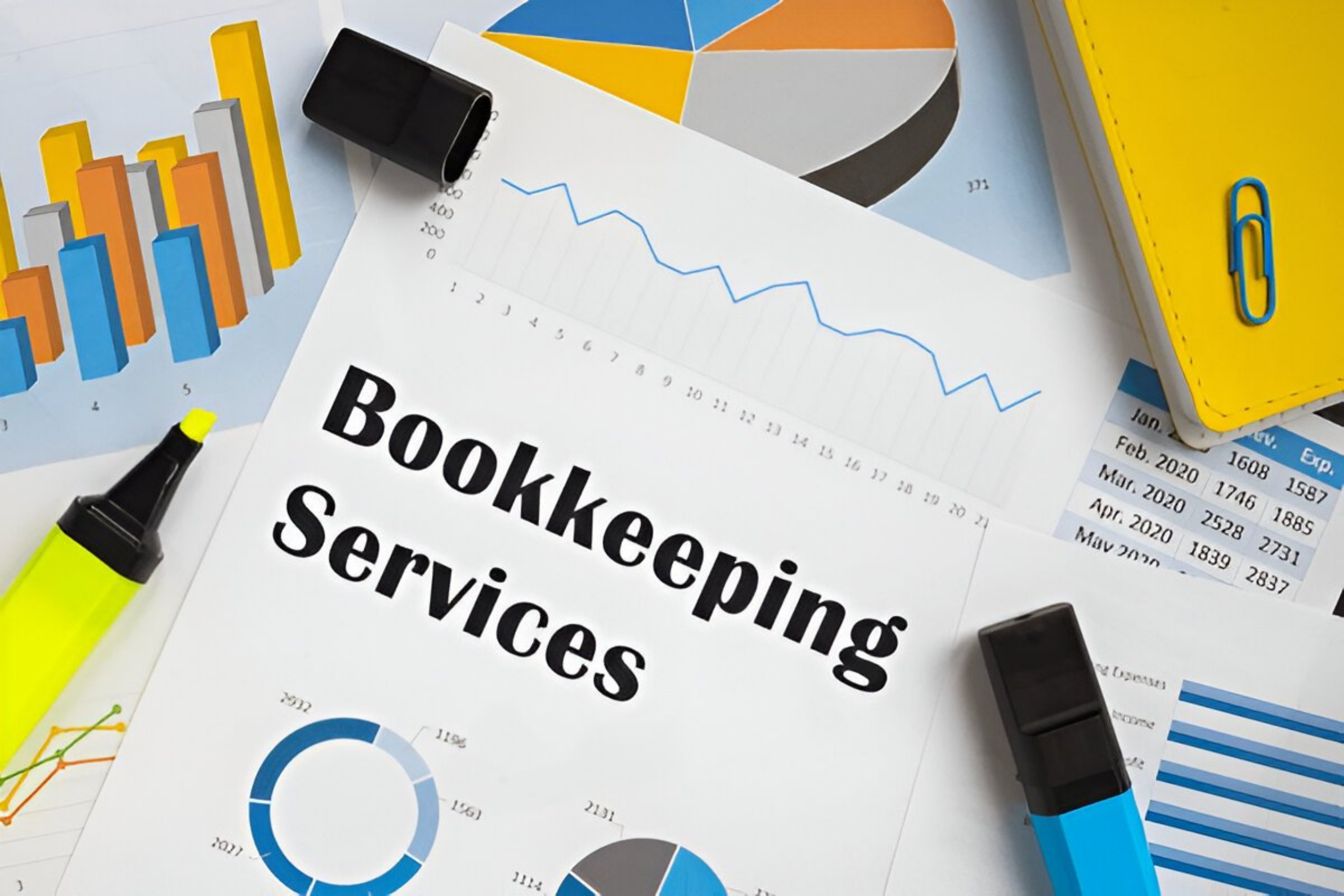Accurate accounting and bookkeeping are the backbone of every successful business. In the UAE, where financial compliance and transparency are essential, proper bookkeeping is not just a requirement—it’s a growth enabler. Whether you are a startup, SME, or large corporation, well-maintained financial records ensure stability, compliance, and better decision-making.
1. Ensures Compliance with UAE Laws
With the introduction of VAT and Corporate Tax, businesses in Dubai and across the UAE must maintain accurate financial records. Proper bookkeeping ensures compliance with tax regulations and reduces the risk of fines.
2. Provides Clear Financial Insights
Organized accounts give business owners a clear picture of income, expenses, and profitability. This helps management make informed decisions for future growth.
3. Improves Cash Flow Management
Bookkeeping tracks receivables, payables, and outstanding invoices. Effective tracking prevents cash shortages and ensures smooth financial operations.
4. Supports Business Growth & Planning
Accurate records allow businesses to analyze performance trends, set realistic goals, and plan long-term strategies with confidence.
5. Simplifies Auditing & Tax Filing
When accounts are updated and accurate, audits and tax filings become quicker and easier. This saves time, reduces errors, and minimizes compliance risks.
6. Builds Investor & Stakeholder Trust
Investors and lenders rely on financial statements to assess business performance. Proper accounting boosts credibility and increases chances of securing funding.
7. Detects Errors & Prevents Fraud
Regular bookkeeping ensures early detection of errors, unusual transactions, or potential fraud—helping safeguard company assets.

Conclusion
Proper accounting and bookkeeping are essential for compliance, financial transparency, and business success. By maintaining accurate records, UAE businesses can save time, reduce risks, and focus on achieving sustainable growth.
FAQs on Accounting & Bookkeeping
Q1: Is bookkeeping mandatory for businesses in the UAE?
Yes. All UAE businesses are legally required to maintain proper accounting records for at least 5 years, in compliance with VAT and corporate tax regulations.
Q2: Can small businesses benefit from professional bookkeeping?
Absolutely. Even small businesses gain financial clarity, better cash flow control, and compliance support from professional bookkeeping services.
Q3: How does bookkeeping help during audits?
Accurate bookkeeping ensures all financial data is organized and available, making statutory and internal audits faster and hassle-free.
Q4: What’s the difference between accounting and bookkeeping?
Bookkeeping involves recording daily financial transactions, while accounting analyzes and interprets that data for decision-making and reporting.
Q5: Should businesses outsource bookkeeping in Dubai?
Yes. Outsourcing saves time, ensures compliance with UAE laws, and allows businesses to focus on core operations without worrying about accounting errors.



Social Profiles